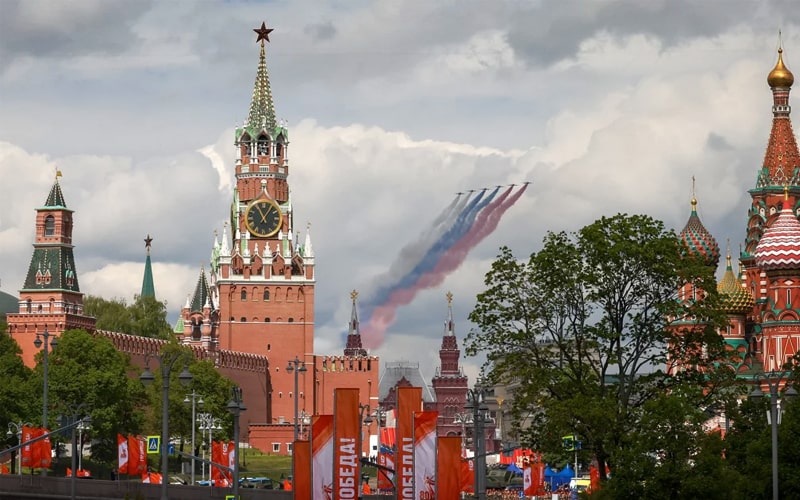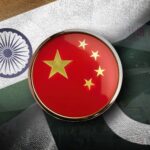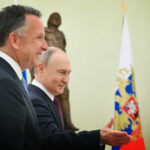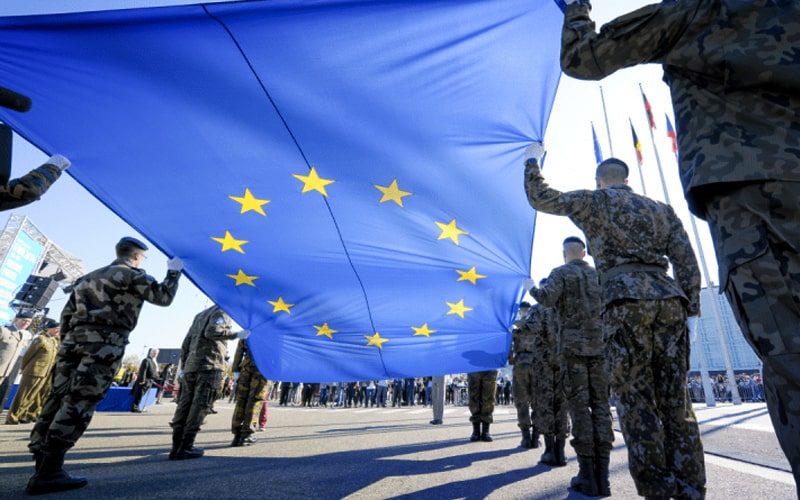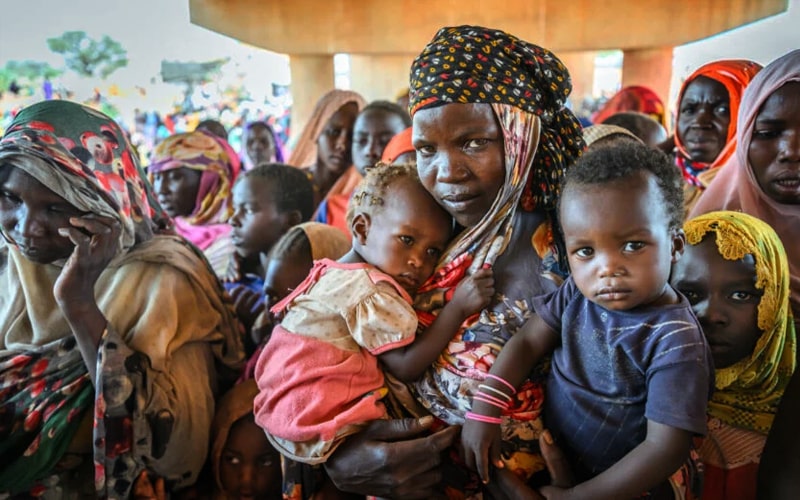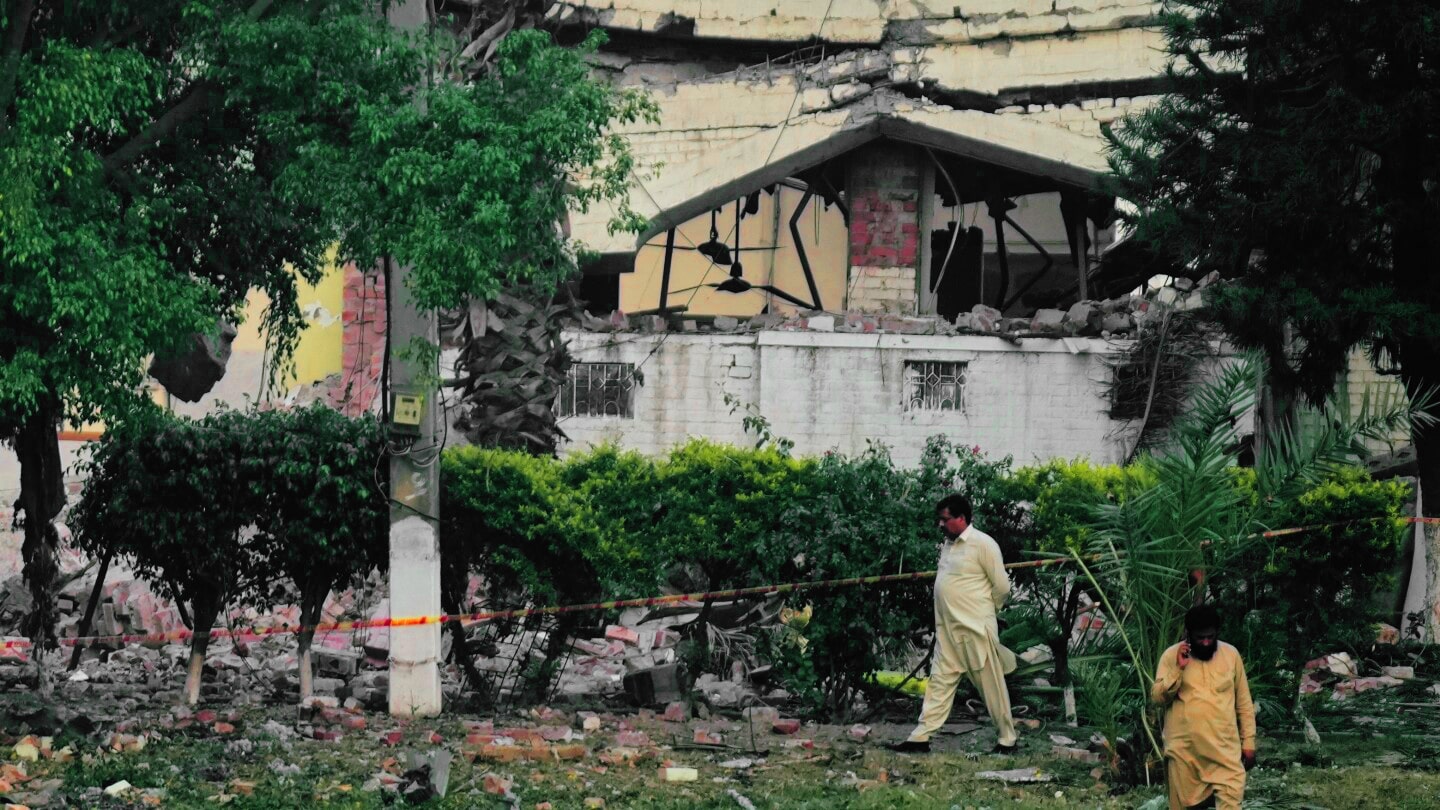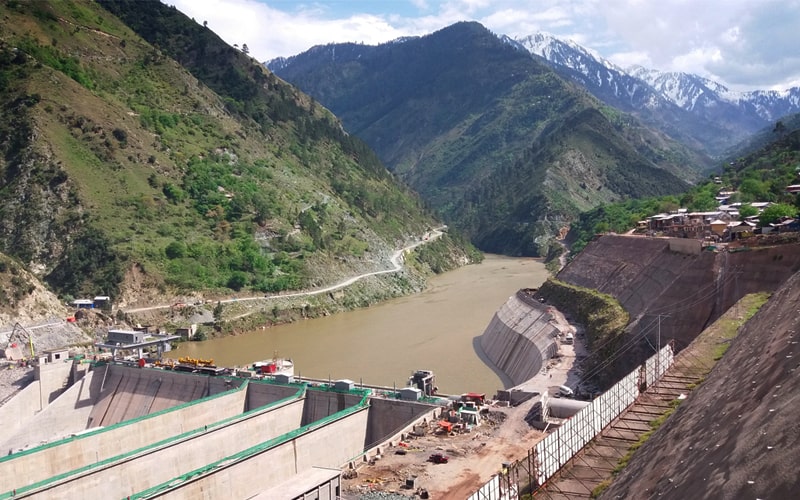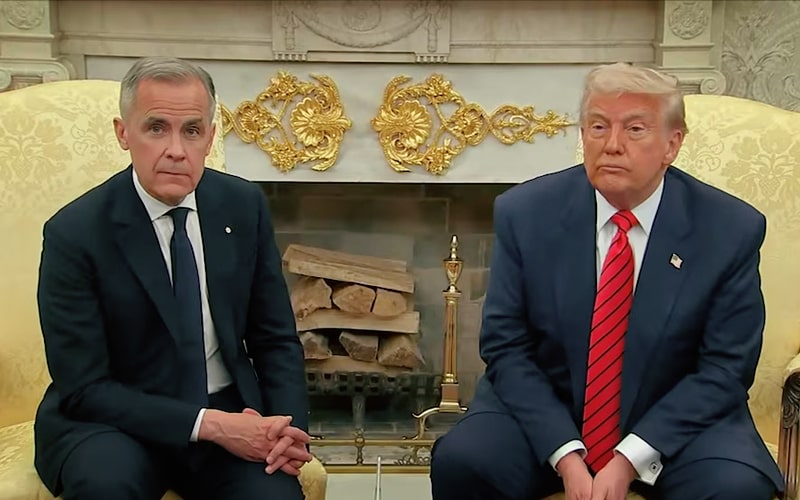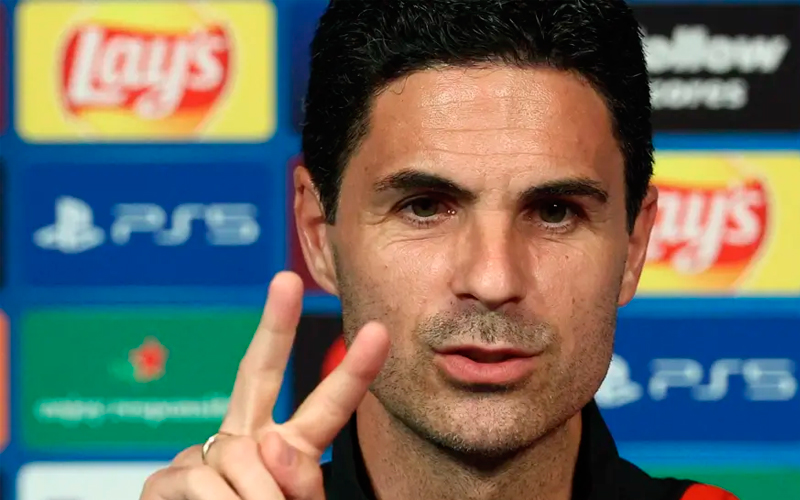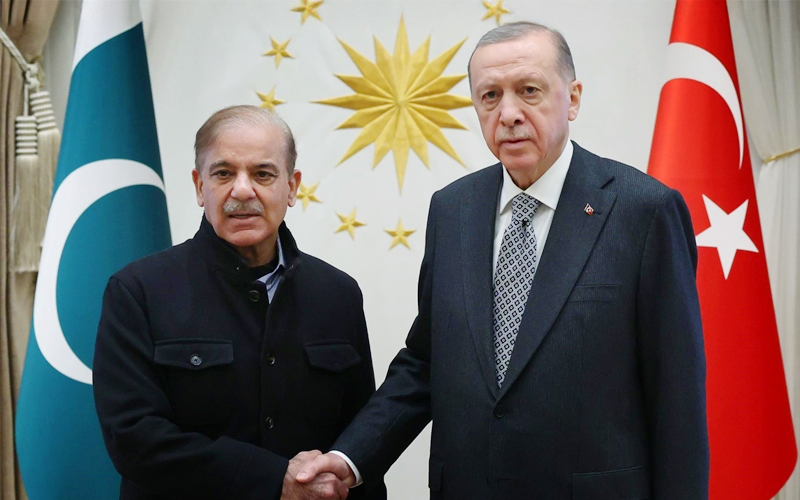Russia’s annual Victory Day parade on May 9 went ahead under heavy security in Moscow, as concerns over Ukrainian drone attacks heightened tension around the country’s most symbolic public event. Traditionally known for clear skies ensured by weather-modification flights, this year’s focus turned to a new threat from above — not rain, but unmanned aerial vehicles. In the days leading up to the celebration on Red Square, multiple drone incidents forced the temporary closure of all four of Moscow’s major airports. Authorities imposed emergency airspace restrictions, and the Russian military claimed to have intercepted a number of incoming drones aimed at the capital. Meanwhile, local Victory Day parades in Crimea were canceled altogether due to security fears, underscoring the widespread concern. Yet the central event in Moscow — featuring President Vladimir Putin, thousands of troops, and Russia’s military arsenal — proceeded as planned, despite nervous anticipation in the Kremlin. Victory Day commemorates the Soviet Union’s role in defeating Nazi Germany in World War II, and it remains a cornerstone of Russia’s national identity. However, the presence of modern drone warfare has dramatically altered the tone of this year’s ceremony. The drone attacks, allegedly launched by Ukrainian forces, mark a shift in both tactics and psychological warfare in the ongoing conflict between the two countries. Security measures in Moscow included enhanced air defenses, digital signal jamming, and internet restrictions in parts of the city. Russian officials have publicly accused Ukraine of attempting to disrupt the event and spread fear. Ukraine has …
Amelia
Amelia
Topics:
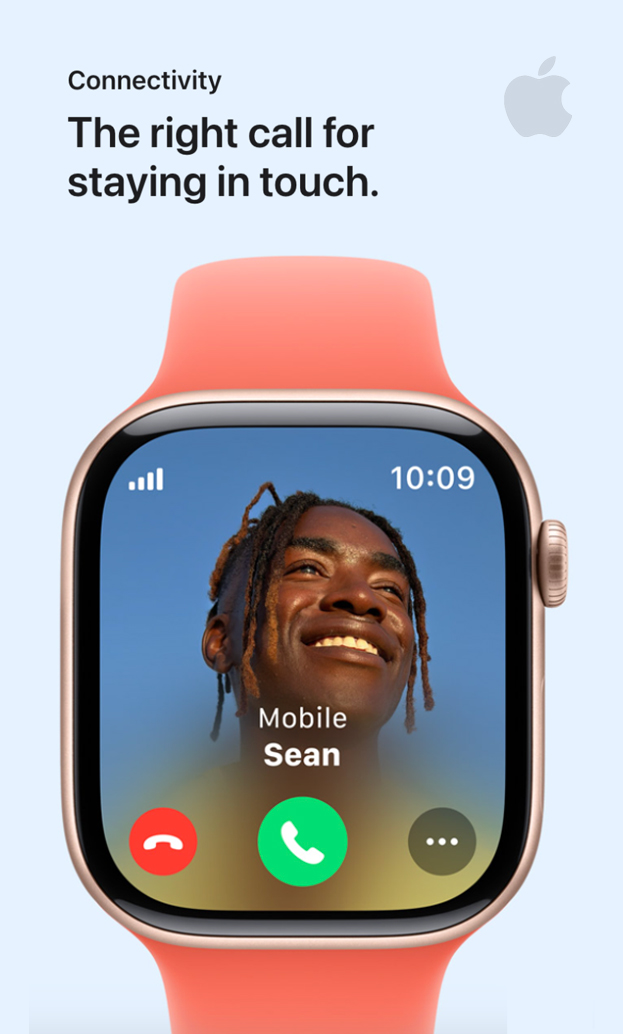
Russia’s annual Victory Day parade on May 9 went ahead under heavy security in Moscow, as concerns over Ukrainian drone attacks heightened tension around the country’s most symbolic public event. Traditionally known for clear skies ensured by weather-modification flights, this year’s focus turned to a new threat from above — not rain, but unmanned aerial vehicles.
In the days leading up to the celebration on Red Square, multiple drone incidents forced the temporary closure of all four of Moscow’s major airports. Authorities imposed emergency airspace restrictions, and the Russian military claimed to have intercepted a number of incoming drones aimed at the capital.
Meanwhile, local Victory Day parades in Crimea were canceled altogether due to security fears, underscoring the widespread concern. Yet the central event in Moscow — featuring President Vladimir Putin, thousands of troops, and Russia’s military arsenal — proceeded as planned, despite nervous anticipation in the Kremlin.
Victory Day commemorates the Soviet Union’s role in defeating Nazi Germany in World War II, and it remains a cornerstone of Russia’s national identity. However, the presence of modern drone warfare has dramatically altered the tone of this year’s ceremony. The drone attacks, allegedly launched by Ukrainian forces, mark a shift in both tactics and psychological warfare in the ongoing conflict between the two countries.
Security measures in Moscow included enhanced air defenses, digital signal jamming, and internet restrictions in parts of the city. Russian officials have publicly accused Ukraine of attempting to disrupt the event and spread fear. Ukraine has not confirmed responsibility for the drone incursions.
As the war continues, Victory Day — once a carefully orchestrated display of military strength and national unity — now also reflects the vulnerabilities of modern conflict.
Subscribe to Our Newsletter
Keep in touch with our news & offers



